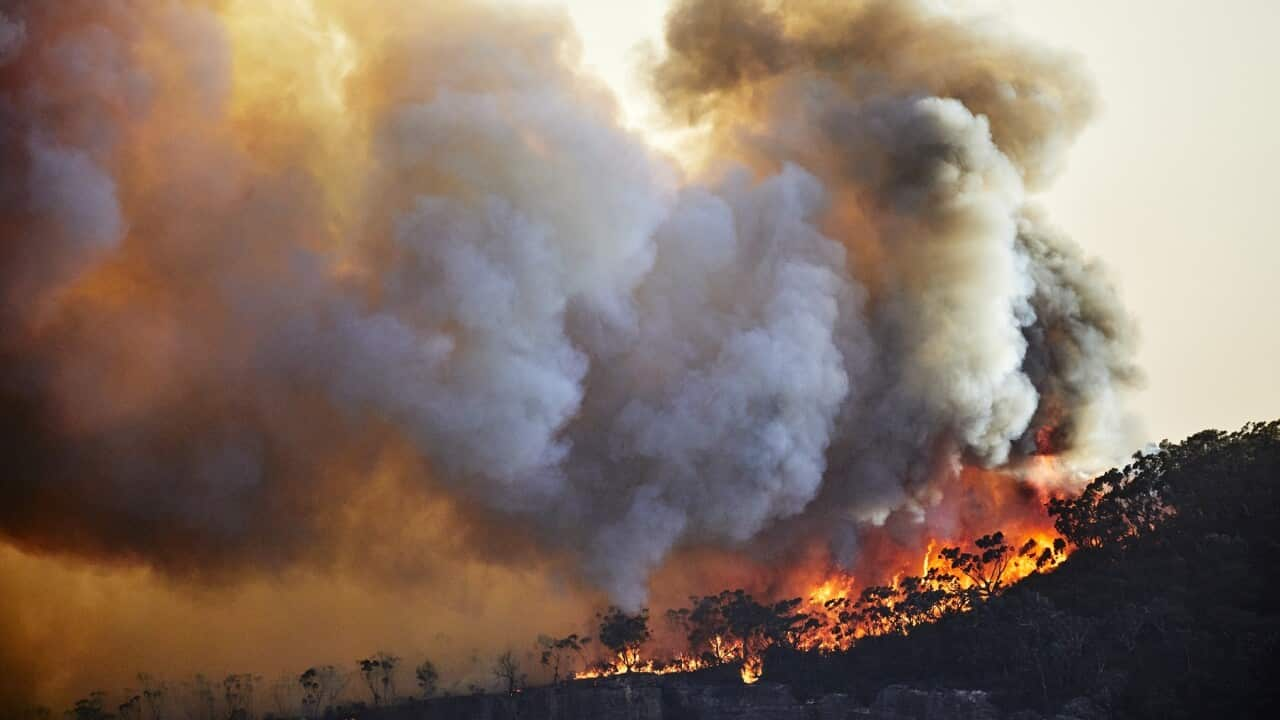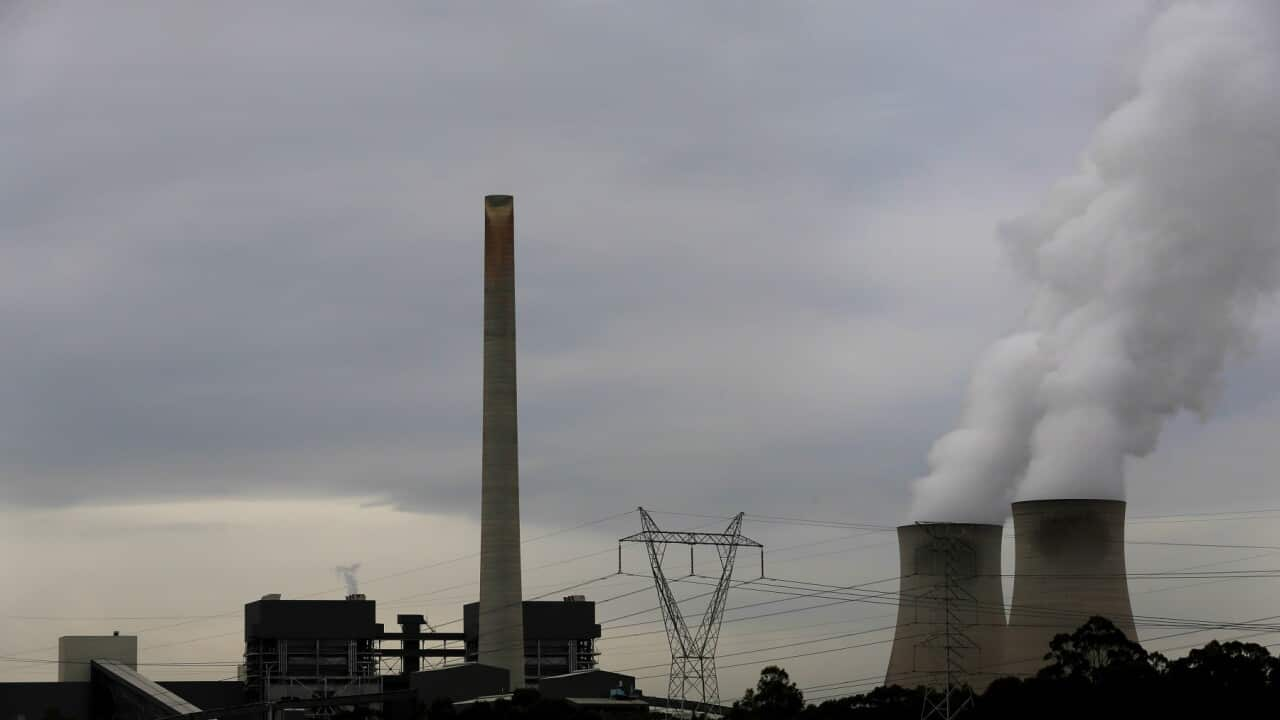TRANSCRIPT:
The race is on for the world to reach net zero emissions.
Global efforts to mitigate climate change are coming into focus ahead of the United Nations Climate Change Conference - or COP28 - in November.
Professor Deanna D'Alessandro is from the University of Sydney's Net Zero initiative.
"Net zero really means reducing our demand and moving to the use of forms of energy and transport that don't emit greenhouse gases. And the other part of net zero, which is really the 'net' of net zero, means removing historical emissions of greenhouse gases from the atmosphere."
Net zero is achieved when greenhouse gases emitted into the atmosphere are balanced out by those that are absorbed.
Eight countries have already achieved that standard, including Panama, Madagascar and Bhutan.
Australia has set targets to reduce domestic emissions by 43 per cent [[on 2005]] levels by 2030, and achieve net zero by 2050.
Professor Michael Brear is the Director of the Energy Institute at the University of Melbourne.
He says that will require considerable investment.
"We need to completely rebuild our electricity system, but it's not just electricity, we have cars, we have aeroplanes, industry and agriculture. We have other things that are significant sources of greenhouse gas emissions and we need to find ways over the next less than 30 years to abate those sectors."
Many countries have shifted their net zero targets since the Paris Agreement, which aims to avoid catastrophic temperature rises by limiting global warming to well below 2 degrees.
The Maldives is aiming to reach net zero by 2030, Finland by 2035.
Iceland has committed to 2040, while Sweden and Germany's targets are set for 2045.
Like Australia, New Zealand, Colombia, the US and Japan have committed to 2050.
The world's largest emitter of greenhouse gases, China, aims to reach net zero by 2060, along with Saudi Arabia and Russia.
India's target is 2070.
According to Climate Watch, more than 90 parties have communicated their net zero targets - but not all of them have enshrined this in legislation.
Head of research at the Climate Council, Doctor Simon Bradshaw, says that will be an important step.
"We do see a lot of problem with greenwash with governments or corporations, a lot of spin and failure to actually achieve genuine emissions reductions, and that's what we need right now."
Australia is one of the world's largest consumers and producers of coal.
But Climate Change and Energy Minister Chris Bowen says the government is confident of reaching its net zero goals.
"We've got multiple strategies and we're putting them all into place. We're converting our grid from 33% renewable to 82% renewable by 2030. That's a big big job but we're getting on with it. We are working to decarbonise transport by looking to introduce fuel efficiency standards, we've cut electric vehicle taxes, we're cutting emissions from industry through our safeguard reforms."
The Coalition is yet to announce its official energy position to take to the 2025 election.
But Opposition leader Peter Dutton has described nuclear power as the "most credible" pathway to reducing emissions.
For Doctor Bradshaw, a drastic change of direction is still needed, with the country's energy needs predominantly met by fossil fuels.
"We are still approving new coal and gas projects in 2023, when we are really on the edge of a climate abyss is extraordinarily reckless. The government could put a stop to this straight away by reforming our national environment laws."













